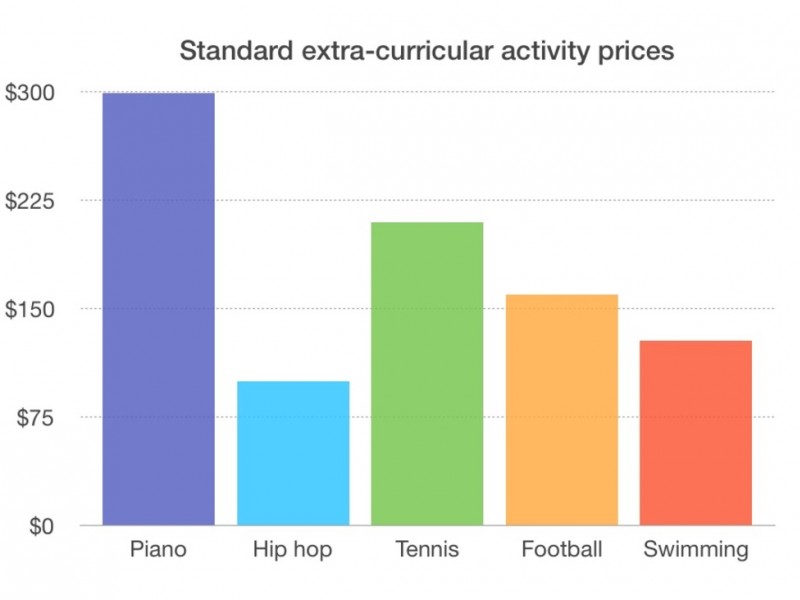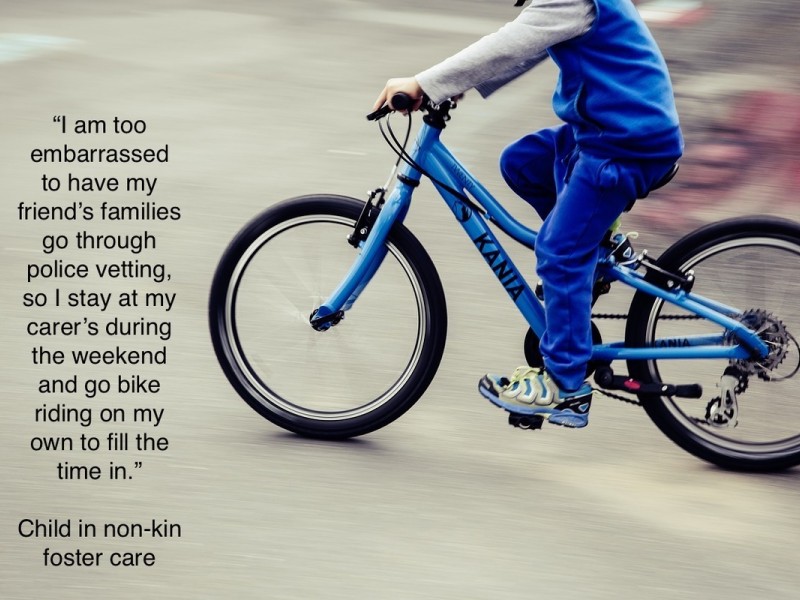Dr Stephanie Moor, child and adolescent psychiatrist, says having a place to belong is an important part of a child's development.
She stresses that for a child to truly belong, they must feel safe, as that is the place from which they can explore the world, learn and fully develop.
"Children who don't feel safe and belong will feel worried and anxious about things."
Moor says this anxiety can then present itself in behavioural problems.
Haeata Community Campus in Aranui aren't just helping provide the basics of extra food for children. They're making sure their children on the margins are getting a full experience of life at school.
Last month, Haeata's navigator and communicator Jeremy Faumuina spent a week driving students to and from the mall, getting them kitted out for the school ball.
He believes they're just doing their bit to help out their young people and families.
"It was awesome seeing kids who normally wouldn't dress up – it always make you feel really good."
Even up to two hours before the ball, Faumuina was busy getting guys sorted with suits and shoes and girls with their dresses.
While one mum was totally overwhelmed, students couldn't get over what the school was doing for them.
"It was a stressful time for us with no finance to pay for outfits. The staff made it so easy and took all that stress away from me with helping out with a formal dress, make-up etc. They were awesome," says one student.
All the guys were given free haircuts from a barber, while the girls could book their slot for a free hair, make up and nail treatment from a team of volunteering professionals.
"The way they sorted a lot of us with clothing and hairs cuts was out of it! That was so nice of them - I wouldn't have been able to go (to the formal) if the school didn't help out," another student says.



